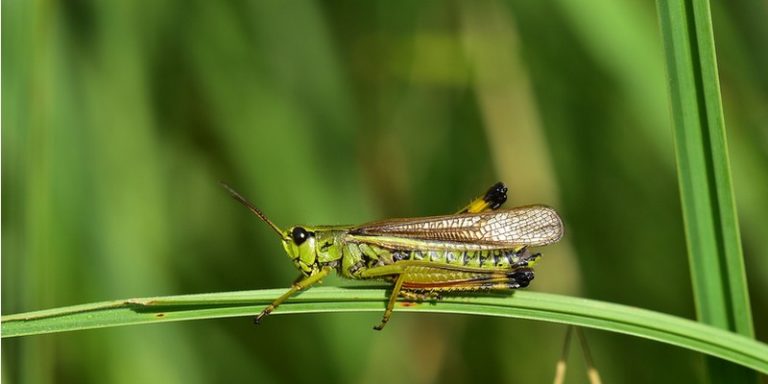
One of the consequences of global warming in East Africa is the multiplication of locusts which have invaded Kenya, Ethiopia and Somalia where their presence was previously rare. Faced with the devastation caused by these locusts on crops, a solution had to be developed to enable farmers to prevent their invasion on plantations and the destruction of crops. Last year, researchers developed PlantVillage based on an existing application and artificial intelligence to contain and prevent these invasions. The solution, implemented since February 2021, has saved the lives of nearly 34 million people.
A solution to help farmers on a daily basis
The PlantVillage solution aims to increase crop yields and profitability for millions of farmers, while taking into account the additional difficulties caused by climate change. To achieve this goal, their teams are developing algorithms and systems integrating artificial intelligence to prevent risks to plantations or to provide decision support in predefined situations.
It is only natural that the locust invasion in East Africa during the year 2020 has become one of PlantVillage’s priorities. According to Keith Cressman, head of the Food and Agriculture Organization (FAO), these African countries “have not faced a threat of this magnitude since the early 1950s. PlantVillage proposed a solution: to use an existing application called eLocust3m and adapt it to recognize locust hoppers.
David Hughes, the founder of PlantVillage, said of the development of this solution:
“Grasshoppers and locusts show how we can “collaborate” with artificial intelligence to find consistent solutions. […] This can be a game changer for hundreds of millions of people as we try to adapt to climate change.”
Geolocating larvae and estimating hatching time
The eLocust3m app has been modified so that farmers only need to photograph grasshopper or locust larvae. It then analyses the stage of development of the larva to anticipate their hatching. The GPS coordinates of the hopper are immediately sent to PlantVillage headquarters, which can then alert other farmers in the area to the future presence of locusts.
Thanks to this application and all the processes put in place to geolocate these hoppers, PlantVillage was able to build, in just a few days, a complete map of the locust hatching. Farmers were able to be warned in time of the hatching period of these larvae and therefore adopted fumigation strategies to protect their crops and plantations.
With this new larvae identification and geolocation process, FAO estimates that since February 2021, US$1 500 million has been saved in agricultural commodities. In addition, it is estimated that this saving has saved the lives of 34 million people who could have potentially died of hunger.
Translated from Focus sur PlantVillage, une solution d’intelligence artificielle développée pour sauver les cultures en Afrique









